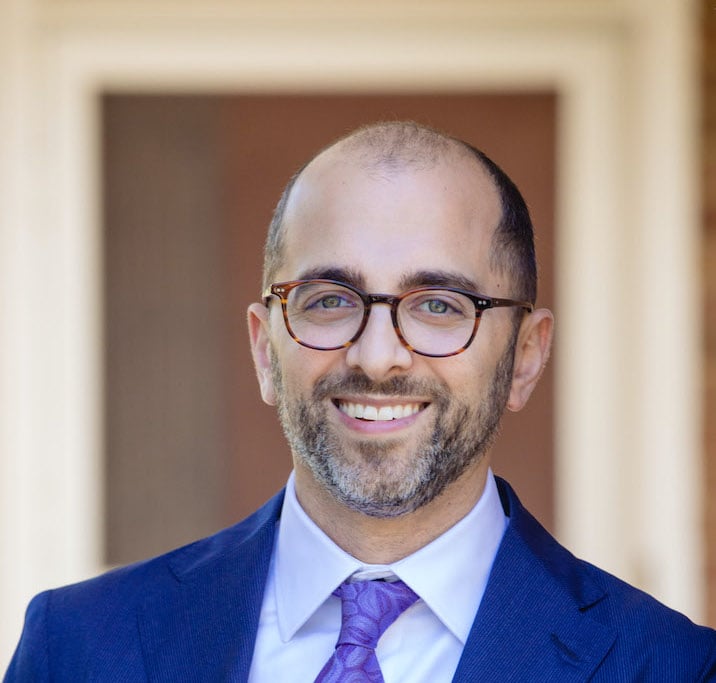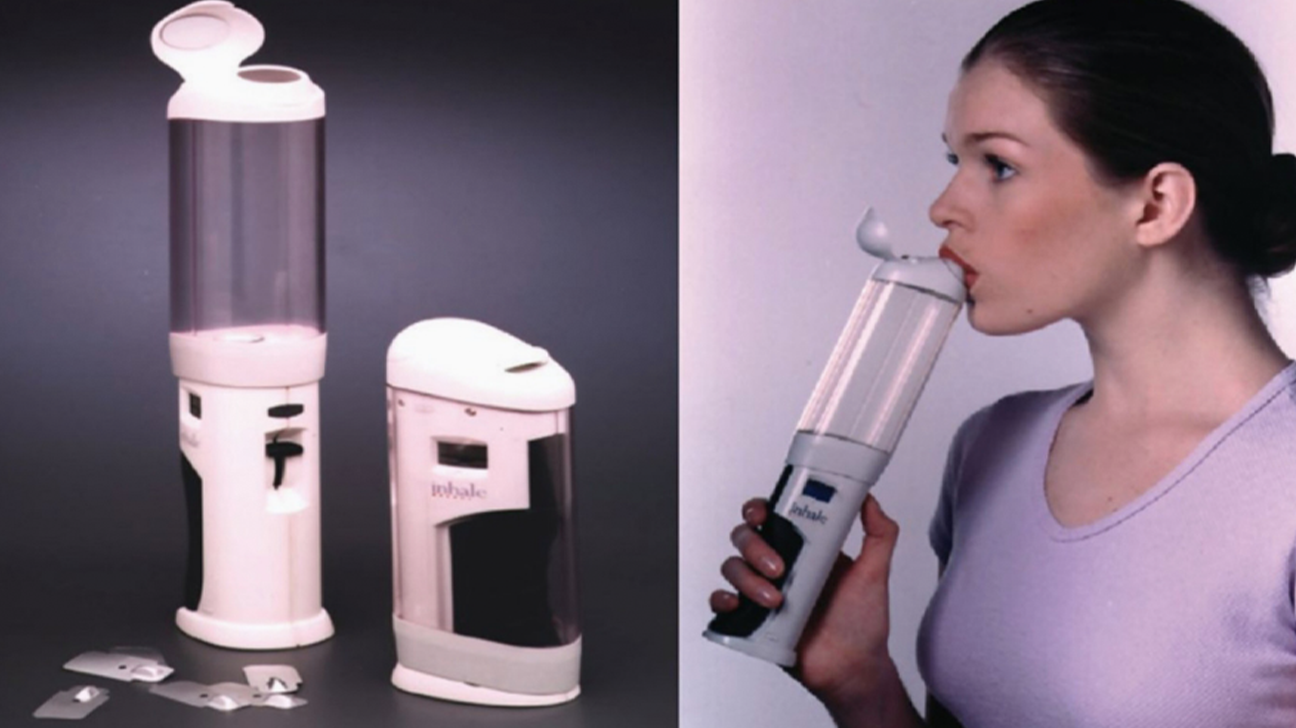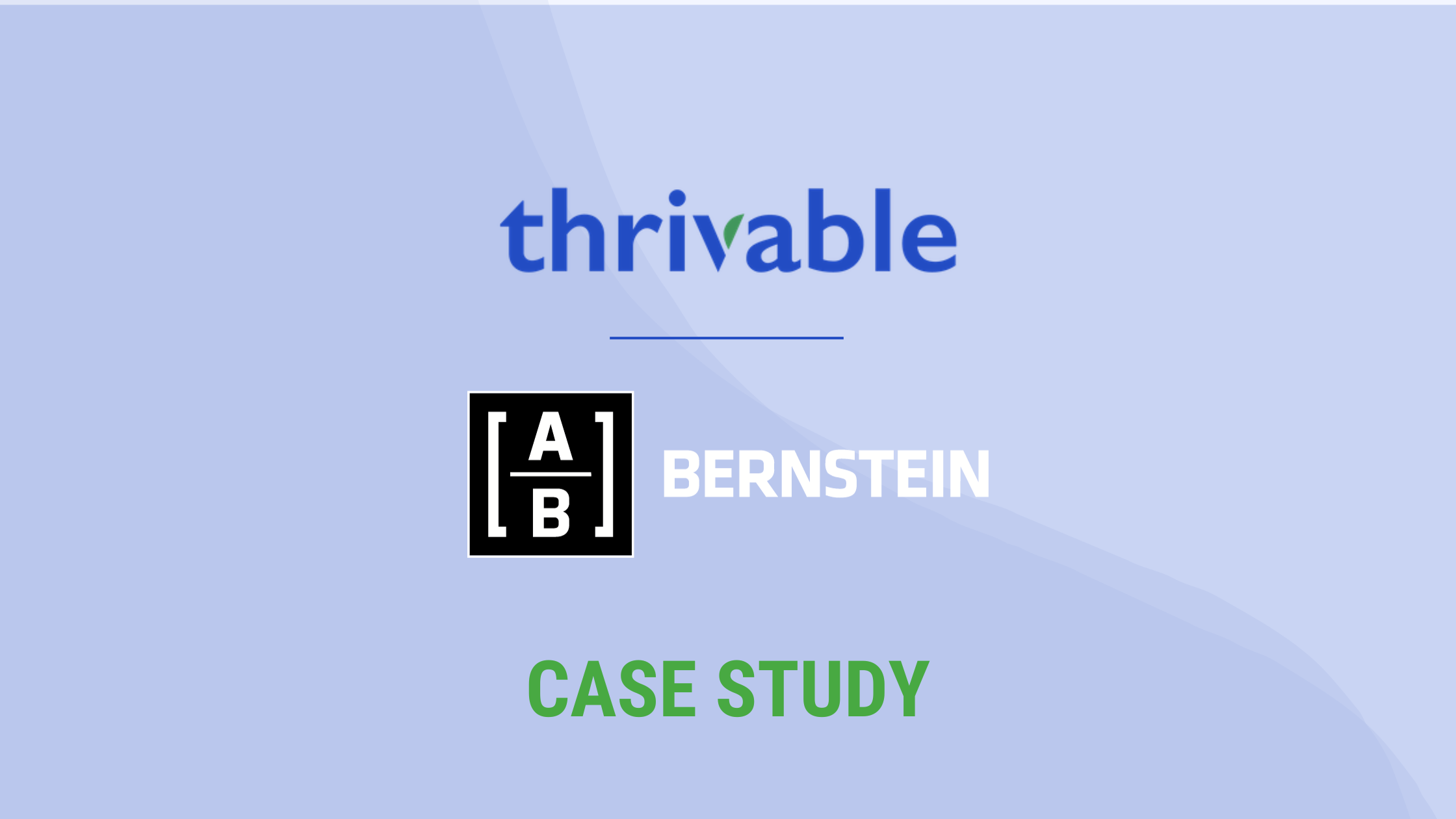Blog
From Bongs to Breakthroughs: What Separates MedTech Winners from Losers

David Edelman
Insights

In 2010, I watched a large diabetes company’s social media team get an earful from 29 visibly displeased patient advocates.
- “I am not a diabetic. I am a person living with this condition!”
- “I am tired of being blamed for not ‘complying’ or ‘adhering’. These are tools for me to use, and I’m not a dog to be scolded for not obeying.”
- "I make too much money to qualify for support but too little to spend $3000 per year on test strips!" (This was before Medicare launched competitive bidding and forced the retail price from a dollar down to 20 cents.)
This was the first time I saw the immense gulf between those living with diabetes and those making the products. There were savvy folks who were pushing to change their corporate culture toward patient-centricity, but it was an uphill slog.
When designing winning products, empathy matters.
Imagine it’s 3 a.m., and you are sound asleep, exhausted from a long week, and buzzing from wine at dinner. The “high glucose” alarm erupts from your continuous glucose monitor (CGM), shocking you awake. This grumpy engagement with the device differs significantly from the one imagined in a design lab.
The lack of empathy across the MedTech space is not due to a lack of caring. People care, and they often care deeply. But caring is not enough when designing products that invade someone’s body and continuously intrude in your day-to-day life.
Do you remember the Exubera “insulin bong” flop? Did anyone ask someone living with diabetes if they would be comfortable whipping out a bong during dinner at a restaurant?
Meanwhile, upstart MedTech companies with a strong patient focus dominate the market by building iPhone-inspired products with human-centered design principles. When companies listen to the patient’s voice, they win.
But as a market researcher confided in me, “Why does [listening] have to be so hard? Why can’t I just text patients and get an answer?” As I talked to folks who wanted to build patient insights into their organizations’ DNA, I discovered how many barriers stood in their way.
- There was no easy list of patients ready to share their perspectives - getting to the relevant folks takes a ton of work.
- Companies were stuck going to agencies, spending hundreds of thousands of dollars and weeks to get “quick” feedback, not to mention all the paperwork and internal red tape.
- Due to all the headaches, listening to patients was siloed inside small pockets within the organization.
Given all the headaches, it’s no surprise that only small corners of companies were listening intermittently at best.
Thrivable’s mission is to change that. We believe we can improve lives by giving voice to the patient experience. When companies listen to patients, both patients and companies thrive. That’s why we are working tirelessly to reduce the friction required to understand patients. Thrivable gives our well-intentioned partners in the industry a deep understanding of what drives patient behavior. They can quickly and easily map the market, design the right products, rocket through the FDA, and get those products into the hands of those who will benefit most.
The pace of innovation continues to accelerate - and the stakes have never been higher. The companies that can best respond to patient needs will win. And those that don’t listen as well? We will remember them for the insights missed, and the opportunities squandered.
If you’re interested in tapping into our diabetes database containing 50+ data points on each patient and caregiver and pairing those panelists with Thrivable’s expertise in diabetes to confidently run your next market research project or recruit for human factors or clinical trials, feel free to set up a call with our team.
About the author

David Edelman
David founded Thrivable to help patients and companies create a better world together. He is committed to bringing Thrivable's vision to life while cultivating a joyful, deliver extraordinary culture. David believes that when you bring people together to do good, everyone thrives.
Related Content
-

-

Case Study
Case Study: How Bernstein is Reshaping the Way Investors Think about Diabetes MedTech
Market Research
-



